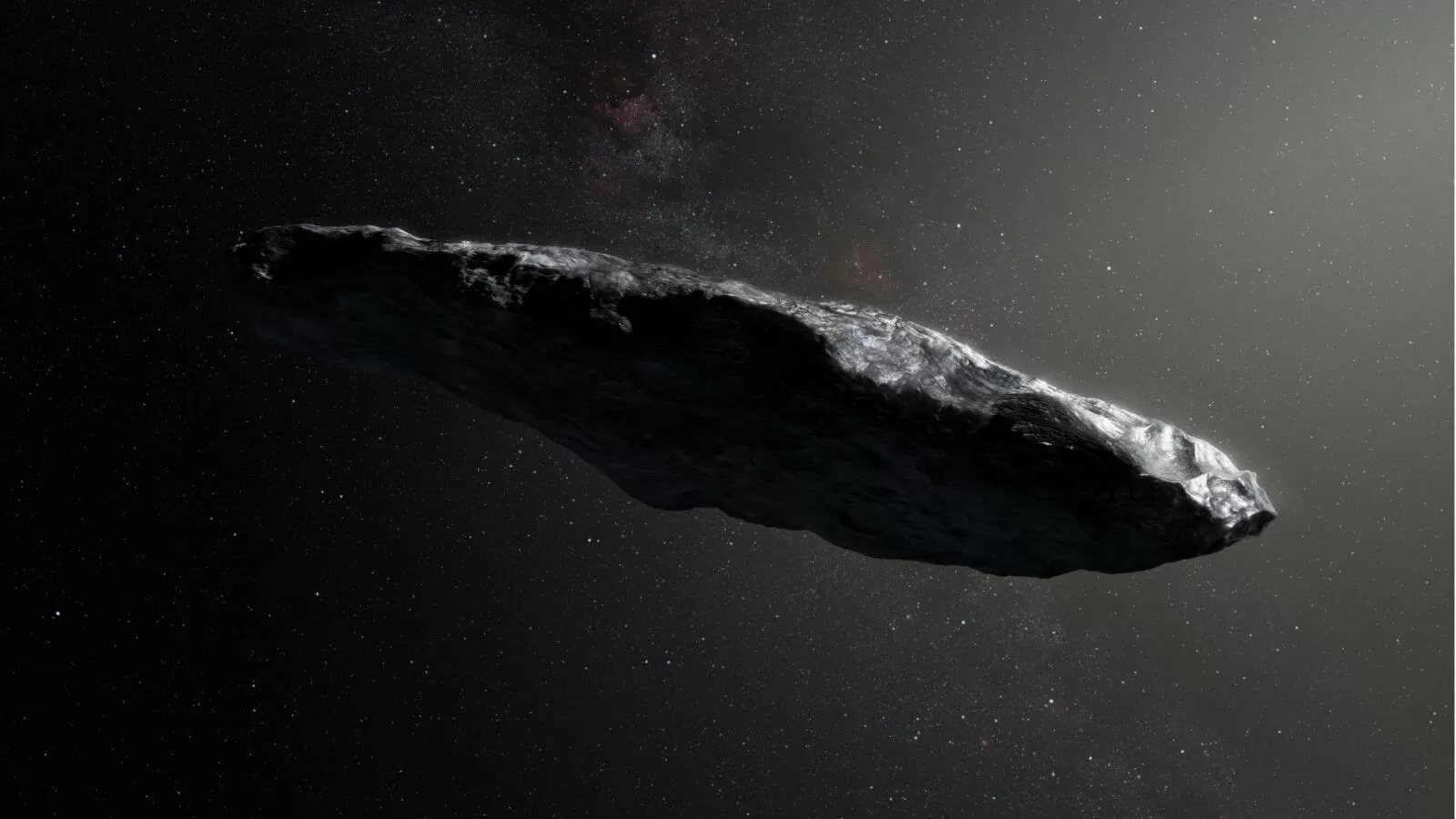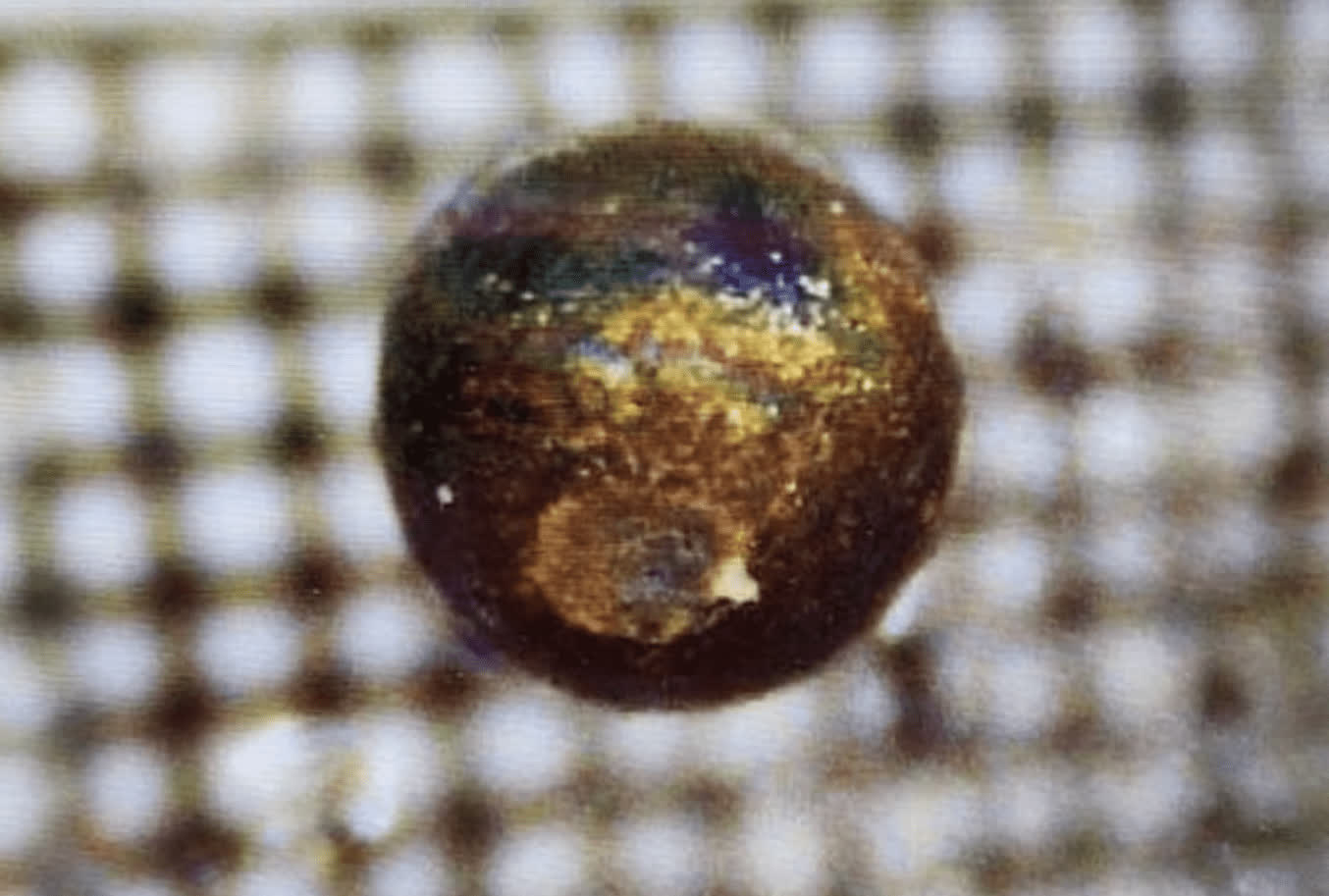A hot potato: The Harvard physicist who claims that the small fragments he found on the ocean floor could have alien origins isn't finding much support from fellow scientists and experts, whose responses to Avi Loeb's theory have ranged from skepticism to anger.

We heard earlier this month that Loeb, who serves as Frank B. Baird, Jr. Professor of Science at Harvard University, had set off on an expedition to recover fragments of a meteor, IM1, that exploded near Manus Island on January 8, 2014.
According to a study led by Loeb and Amir Siraj, an astrophysics student at Harvard, the meteor's speed and the fact it exploded much lower in the Earth's atmosphere indicated "a possible origin from the deep interior of a planetary system or a star in the thick disk of the Milky Way galaxy."
"There are about 850 spoken languages in Papua, the most linguistically diverse place on Earth," Prof Loeb wrote on Medium. "Yet, if the expedition recovers a gadget with an extraterrestrial inscription, we will add a new language to this site."
The voyage recovered several tiny spherical objects of sub-millimeter size and sub-milligram mass made of a steel and titanium alloy stronger than what is found in other meteorites. Loeb said they could be part of a spacecraft from another civilization, or some technological gadget.
But Loeb's enthusiasm isn't shared by many of his fellow scientists. "People are sick of hearing about Avi Loeb's wild claims," said Steve Desch (via The New York Times), an astrophysicist at Arizona State University. "It's polluting good science – conflating the good science we do with this ridiculous sensationalism and sucking all the oxygen out of the room."
Desch added that several of his colleagues were now refusing to engage with Loeb's work in the peer review evaluation process. "[Loeb's claims are] a real breakdown of the peer review process and the scientific method," Desch told the publication. "And it's so demoralizing and tiring." He also argues that if IM1 really was traveling as fast as the data shows, which is taken from the US DoD, it would have burned up in our atmosphere.
Peter Brown, a meteor physicist at Western University in Ontario, also questioned Loeb's methods. He said that although several events detected using ground-based radar and optical networks appear to be interstellar, nearly all of them are due to measurement error. Loeb responded that the government was likely to "know what they are doing," and US Space Command said in a letter that it was 99.99% certain of IM1's interstellar origins.
6/ "I had the pleasure of signing a memo with @ussfspoc's Chief Scientist, Dr. Mozer, to confirm that a previously-detected interstellar object was indeed an interstellar object, a confirmation that assisted the broader astronomical community." pic.twitter.com/PGlIOnCSrW
– U.S. Space Command (@US_SpaceCom) April 7, 2022
"I like wild and crazy ideas – they make us all think – occasionally one of them might be right. But I'm extremely skeptical about this one," said Dan Werthimer, chief technologist of the SETI Research Center at the University of California, Berkeley.
The spheres have been sent to Harvard University, the University of California, Berkeley, and the Bruker Corporation in Germany for more in-depth analysis. Loeb says the results will be published in a scientific paper that will be submitted for a peer-reviewed journal.
